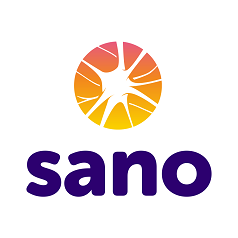1st ECMS International School for Young Researchers
About
We are thrilled to introduce the inaugural “1st ECMS International School for Young Researchers” scheduled to coincide with the ECMS International Conference on Modelling and Simulation. This summer school is tailored specifically for young scholars eager to delve into the expansive realms of modelling and simulation.
Goals of the Summer School:
The primary aim is to equip young researchers with advanced knowledge and practical skills that are essential for pushing the boundaries of modelling and simulation. The summer school seeks to inspire participants to pioneer new research directions and to apply sophisticated modelling and simulation techniques in their own research projects.
Who should attend:
This program is ideal for graduate students, post-doctoral researchers, and young academics who are currently engaged in or are starting their research in fields related to modelling and simulation. It offers a unique opportunity to interact with leading experts and peers from around the globe.
Date and venue:
The Summer School will be held from 3rd to 4th of June 2024 at the same venue as the ECMS conference. Details regarding the schedule and registration process will be announced shortly.
Terms and conditions:
Please read the terms and conditions before registering – download.
Registration:
The registration form is available until 10 May 2024, 11:59 PM. Priority is given to ECMS conference participants on a first-come, first-served basis.
Join us for this exceptional educational experience, where you will gain not only knowledge but also practical skills and inspiration to advance your research in modelling and simulation. Stay tuned for more details!
Programme
- “Quantum computing with Qiskit” – Tomasz Stopa, IBM Software Lab
- “Federated learning in Flower” – Maciej Malawski, Sano Science
- “Brain connectivity. How to predict neurodegeneration and brain causality with machine learning, and how those compare with traditional simulations” – Alessandro Crimi, Sano Science
- “Analytical Representative Volume Element (aRVE) and its applications” – Vladimir Mityushev, Cracow University of Technology
- “Publication of high-impact scientific papers presenting the results of computer simulations” – Maciej Jaworski, Cracow University of Technology
- “Multiformalism modelling” – Mauro Iacono, Università degli studi della Campania Luigi Vanvitelli
- “Resampling Methods Theory and Practice” – Elżbieta Gajecka-Mirek, Cracow University of Technology
- “Image processing and analysis”, Anna Wójcicka, AGH University of Science and Technology, Center of Excellence in Artificial Intelligence
Meet Our Workshop Leaders
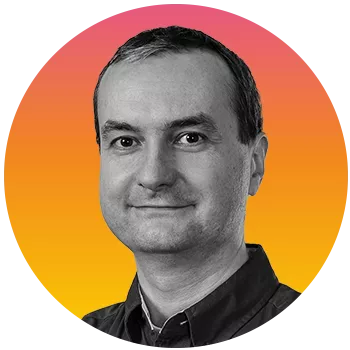
Maciej Malawski
Director of Sano – Centre for Computational Medicine, Research Team Leader of Extreme-scale Data and Computing, Associate Professor at AGH
Holds a PhD in computer science and an MSc in computer science and in physics. In 2011-2012 he was a postdoc at the University of Notre Dame, USA. Currently an associate professor at the Faculty of Computer Science AGH and a senior researcher at ACC Cyfronet AGH. His scientific interests at Sano include parallel and distributed computing, data science, large-scale data analysis, cloud and serverless technologies, federated learning, security aspects – applied to medical applications.
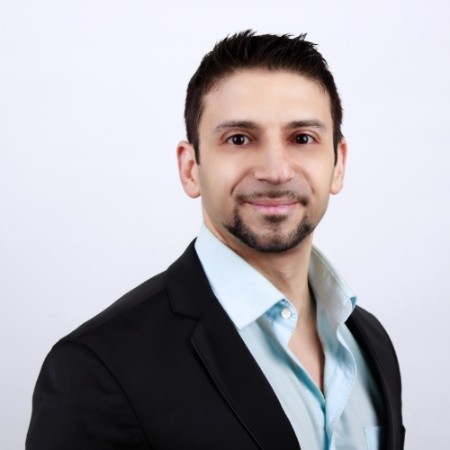
Alessandro Crimi
Dr Alessandro Crimi is a biomedical engineer and health economist who alternated his career between neuroimaging and healthcare management in low-income countries.
After completing his studies in engineering at the University of Palermo, he obtained a PhD in machine learning applied for medical imaging from the University of Copenhagen, and an MBA in healthcare management by the University of Basel.
Alessandro worked as post-doctoral researcher at the French Institute for Research in Computer Science (INRIA), Technical School of Switzerland (ETH Zurich), Italian Institute for Technology (IIT), and University Hospital of Zurich.
The post-doctoral years at European institutes were alternated by periods living in Ghana and other sub-Saharan countries, where Dr Crimi taught and carried out in-field projects about healthcare management for different organizations.
He taught for eight years at the African Institute for Mathematical Sciences (AIMS) in Ghana and South Africa on the machine learning in medicine course, where he also supervised numerous MSc theses. He has been the cofounder of a biotech startup operating between Ghana and Switzerland. Dr Crimi is currently involved in initiatives to promote entrepreneurship among women and individuals with immigrant backgrounds, as well as technology transfer projects for young scientists.
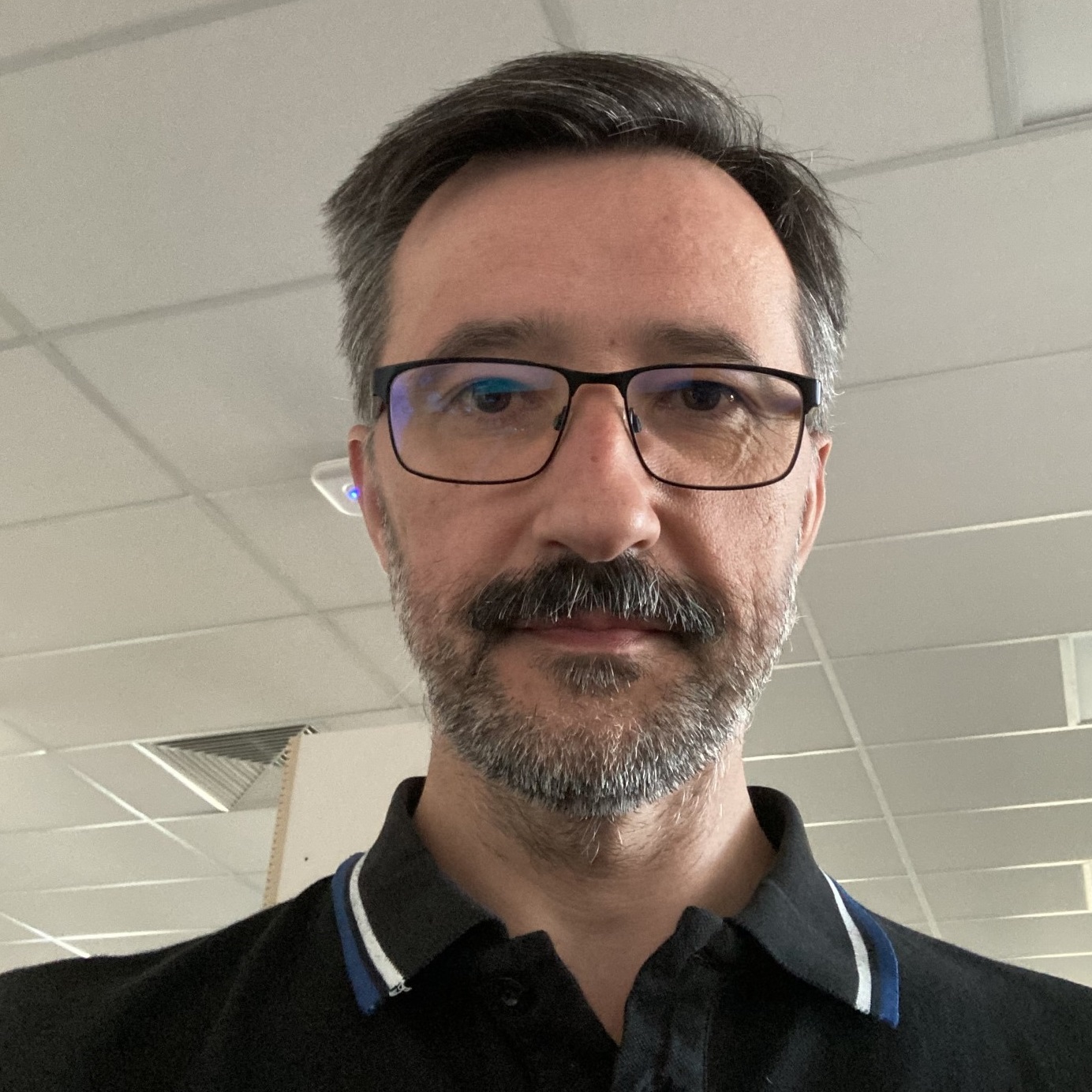
Tomasz Stopa
Dr Tomasz Stopa works in IBM Software Lab in Kraków, Poland. He obtained Ph.D. in theoretical solid state physics from AGH University of Science and Technology. IBM Master Inventor with multiple patents and scientific publications. As IBM Quantum Ambassador promotes IBM technologies within industry, academia and high schools.
Co-organizer of Kraków Quantum Informatics Seminar (KQIS).
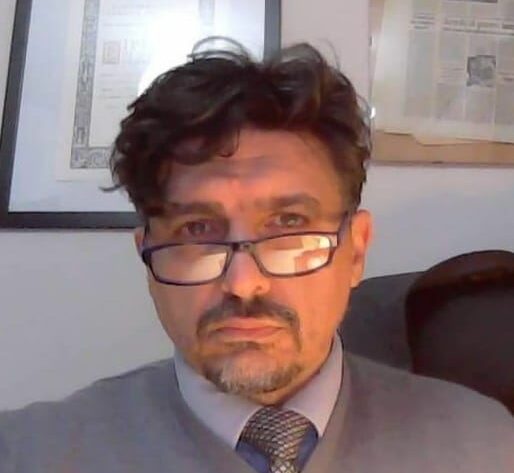
Mauro Iacono
Mauro Iacono is an Associate Professor in Computing Systems at the Università degli Studi della Campania “Luigi Vanvitelli” in Caserta, Italy. He earned his Ph.D. in Electrical Engineering from the Seconda Università degli Studi di Napoli. Iacono’s research focuses on performance modeling of complex computer-based systems and privacy in computing systems. He has held multiple professorial roles across various departments at the Università degli Studi della Campania and has been a consultant for the Italian Ministry for Innovation and Technologies. Additionally, Iacono is a reserve officer in the Italian Air Force and an active member of several professional societies including IEEE and ECMS.
Mauro Iacono’s academic contributions are complemented by his engagement in various professional societies and a significant consultancy role in eGovernment projects for the Italian Ministry for Innovation and Technologies. His interdisciplinary expertise is reflected in his diverse reading and musical interests, ranging from classical literature and opera to heavy metal music, illustrating his broad cultural perspective. Iacono’s career is marked by a commitment to advancing both theoretical and applied aspects of computing and modeling, making substantial impacts in the fields of engineering and technology.
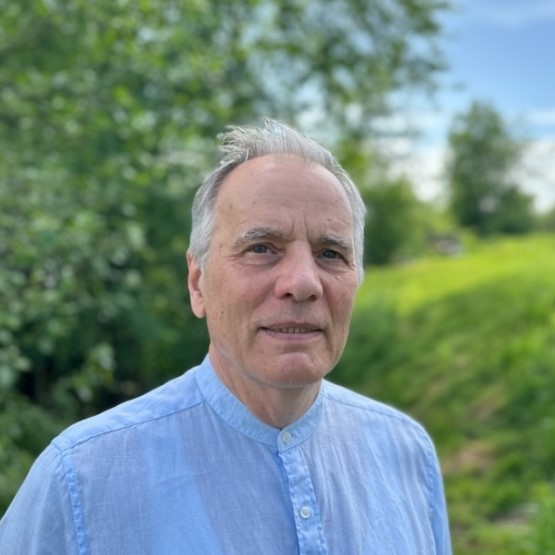
Vladimir Mityushev
Vladimir Mityushev was born in Uralsk, Kazakhstan, and went to the Kolmogorov boarding school of Moscow State University in 1975. He studied mathematics at Byelorussian State University, Minsk, and obtained his PhD in 1984. VM has worked in Polish Universities since 1991 and was a Guest Research Professor at Equipe Milieux Poreux et Fractures, Paris VI, France, in 1998-2018. His expertise lies in the fields of mathematical modeling, computer simulations, porous media, effective properties of composites with deterministic and random structures, representative volume elements, bioinformatics, and industrial mathematics. VM is a leader of the research group Materialica+.

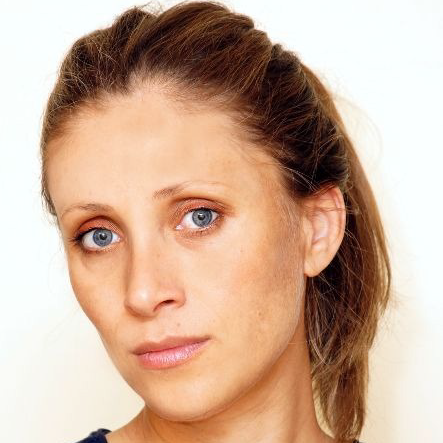
Elżbieta Gajecka-Mirek
Assistant Professor at Cracow University of Technology – Faculty of Computer Science and Telecommunications.
Holds a PhD in mathematical science. Her scientific interests are statistics with focus on time series analysis, modeling and inference methodology.
Presents a strong academic background as well as strong backround in privat sector as a risk modeling and analytics specialist.
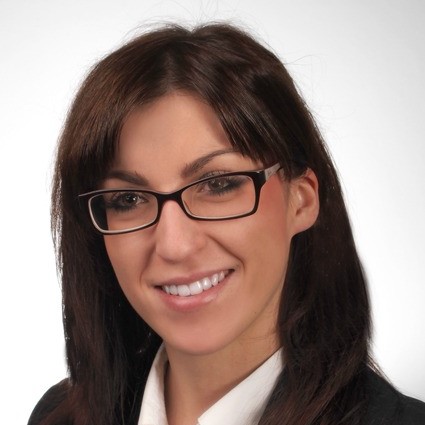
Anna Wójcicka
Assistant Professor at the Department of Automatics and Robotics at AGH University of Science and Technology, where she is affiliated with the research group Machine Vision Group AGH. Additionally, she plays an active role in the Center of Excellence in Artificial Intelligence. She earned her PhD in Computer Science in 2017. She has participated in numerous scientific and commercial projects at both national and international levels, including programs such NCN and NCBiR, FNP/SKILLS, FastTrac/TechVenture. She is a graduate of the TOP 500 Innovator program at Stanford University in the USA. She is passionate about computer vision and the use of artificial intelligence methods to solve various problems. Her work focuses on identifying novel approaches to implement these technologies in practical contexts, spanning academia and industry alike.
More About Our Courses
Brain connectivity. How to predict neurodegeneration and brain causality with machine learning, and how those compare with traditional simulations – Alessandro Crimi
Medical imaging, particularly neuroimaging, has experienced a paradigm shift with the integration of machine learning techniques. This talk delves into the transformative role of machine learning in analyzing neuroimaging data, with a focus on its applications and implications in clinical practice.
The advent of machine learning algorithms has enabled the extraction of intricate patterns from complex neuroimaging datasets, providing insights into neurological disorders with unprecedented precision. Through the amalgamation of advanced imaging modalities such as magnetic resonance imaging (MRI), positron emission tomography (PET), and computed tomography (CT), coupled with machine learning models, researchers have achieved remarkable strides in disease diagnosis, prognosis, and treatment response prediction.
This presentation will elucidate various machine learning approaches employed in neuroimaging analysis, including but not limited to convolutional neural networks (CNNs), recurrent neural networks (RNNs), and graph-based methods. These methodologies empower the automatic segmentation, classification, and feature extraction of brain structures and abnormalities, facilitating early detection and characterization of neurological conditions such as Alzheimer’s disease, Parkinson’s disease, multiple sclerosis, and brain tumors.
More specifically we will consider the cases of misfolded protein spreading in Alzheimer, and effective connectivity (causality) in stroke patients and how these compare to simulation based models (epidemic spreading or heat/diffusion equations).
References:
https://academic.oup.com/cercor/article/33/24/11471/7311320
https://bam.sano.science
Federated Learning in Flower – Maciej Malawski
Join our workshop on “Federated Learning in Flower” where we explore the versatile federated learning framework, Flower. This session offers a comprehensive dive into how Flower facilitates federated learning across various workloads, machine learning frameworks, and programming languages. Discover a unified approach to federated analytics and evaluation, ideal for anyone interested in the cutting-edge of distributed machine learning technologies. Engage with experts and peers to understand how Flower can tailor federated learning to diverse research and industry applications.
Analytical Representative Volume Element (aRVE) and its applications – Vladimir Mityushev
The theoretical foundation of higher precision investigations of dispersed random composites is planned to be present, as well as practical implementation of the theory to complex heterogeneous media such as composites, biological structures, clouds, etc. The current state of the art of the principles of mathematical models is outlined. We discuss the mathematical model and empirical method notions, highlighting the discrepancies when various engineering approaches overlook asymptotic analysis. The study of structurally disordered dispersed patterns and the hidden relationships between the geometric random characteristics of composites and their physical properties is a common focus in various branches of mechanics, mathematics, and physics. Our objective is to address the challenge of providing a constructive quantitative description of the chaos/regularity, e.g., dislocations, exhibited by heterogeneous media. The image analysis and computation of structural sums will be discussed. Random simulations will be performed with the participants by using the computational packages.
Image processing and analysis – Anna Wójcicka
The aim of the workshops is to familiarize machine learning engineers with the key principles of working with medical datasets. During the course, typical metrics will be discussed, and methods for handling issues with small datasets, image artifacts, and unbalanced classes will be presented. The workshop program will include both classic vision algorithms and convolutional neural networks.
Scientific Committee of the 1st ECMS International School for Young Reserchers
- Mauro Iacono – School Director
- Natalia Ryłko – Edition Director
- Vladimir Mityushev – Edition Co-Director
- Daniel Grzonka – Edition Co-Director
Organisers of the School
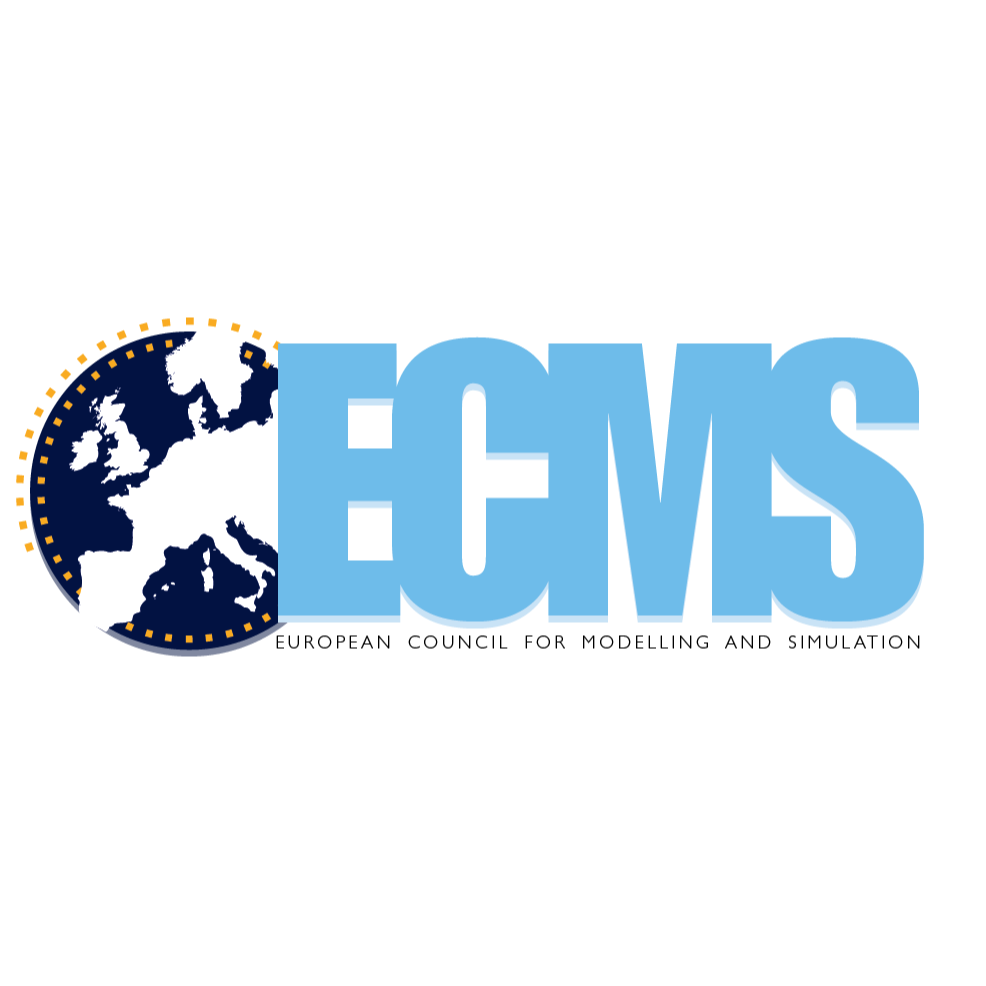
European Council for Modelling and Simulation
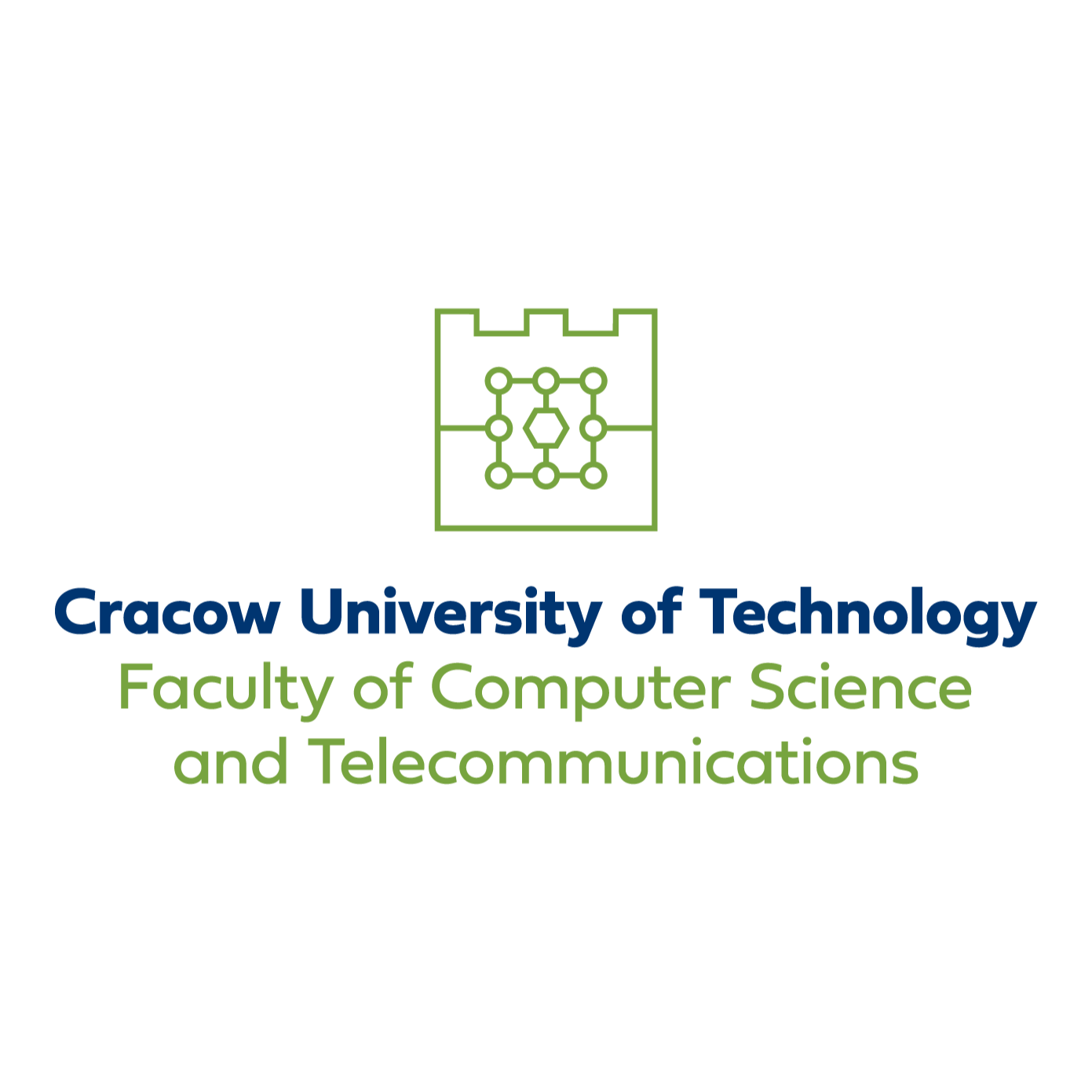
Cracow University of Technology – Faculty of Computer Science and Telecommunications
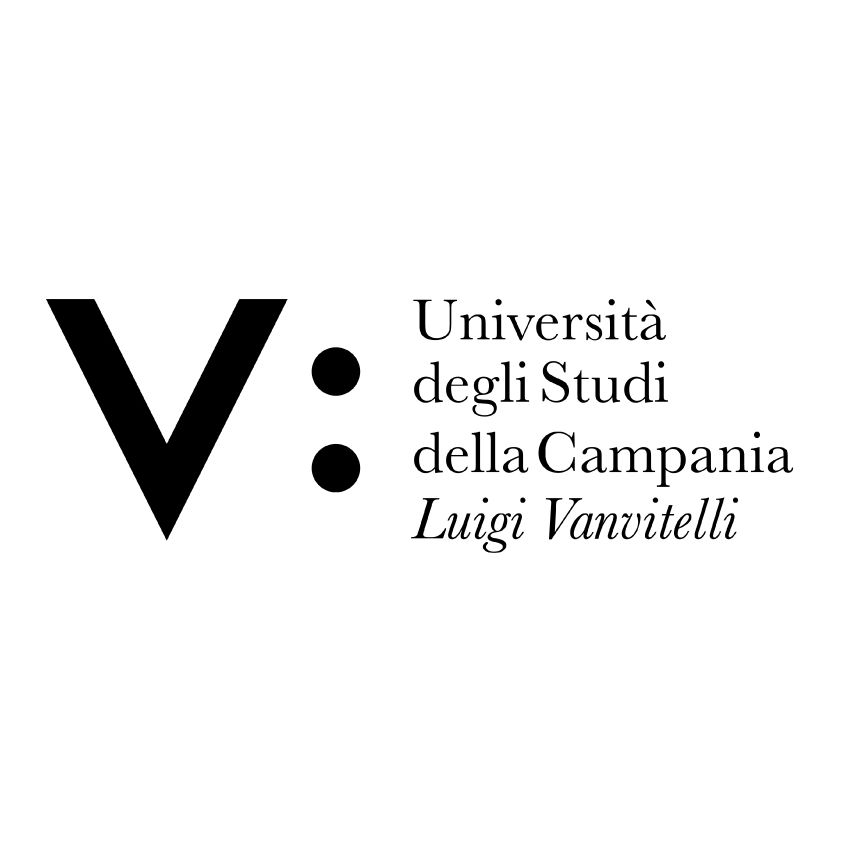
Università degli Studi della Campania Luigi Vanvitelli
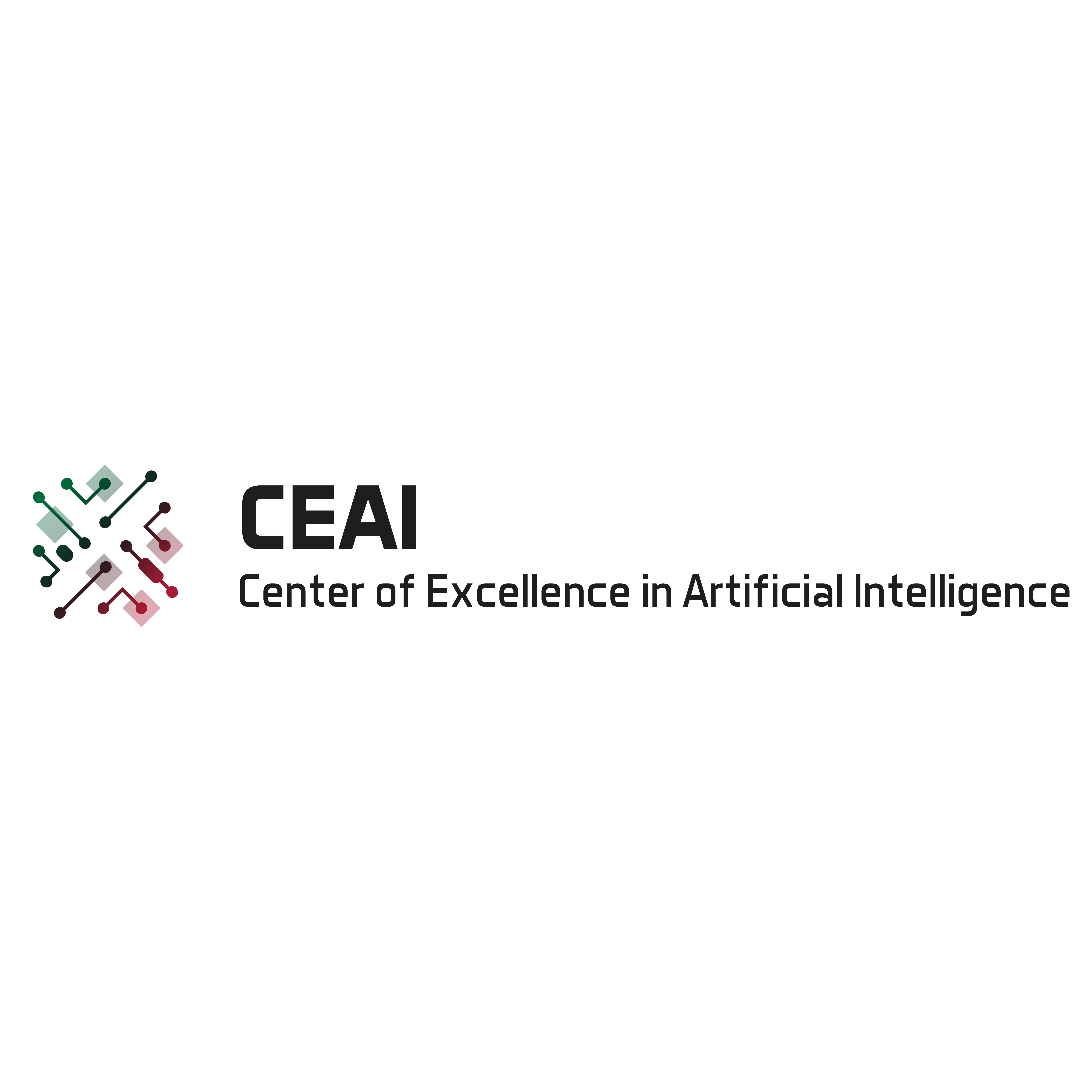
Center of Excellence in Artificial Intelligence AGH
